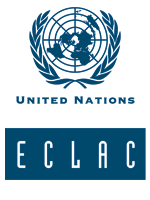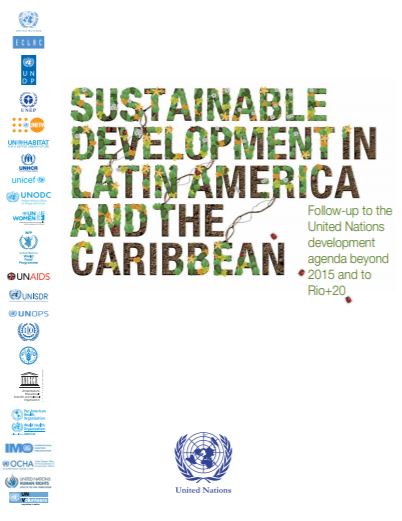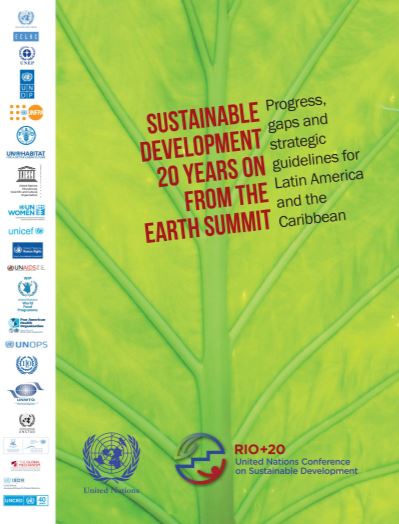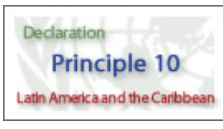Rio +20
Rio+20 is the abbreviated name for the United Nations Conference on Sustainable Development held in Rio de Janeiro, Brazil, from 20 to 22 June 2012 - twenty years after the landmark 1992 Earth Summit in the same city. Rio+20 was also an opportunity to look ahead to the world we want in 20 years. At the Rio+20 Conference, world leaders, along with thousands of participants from the private sector, NGOs and other groups, came together to shape how we can reduce poverty, advance social equity and ensure environmental protection on an ever more crowded planet. For more information about Rio+20 you can also see:
Rio+20 the future we want (the document)
Rio+20 Conference web-site
In December 2009 the General Assembly adopted resolution 64/236,, in which it decided to organize the United Nations Conference on Sustainable Development. The Conference will be held in Rio de Janeiro, Brazil, in 2012 — 20 years after the United Nations Conference on Environment and Development was held in Rio de Janeiro, which is why the 2012 conference is often referred to as "Rio+20”.
The objective of the Conference was to secure renewed political commitment for sustainable development, assessing the progress to date and the remaining gaps in the implementation of the outcomes of the major summits on sustainable development and addressing new and emerging challenges. Member States agreed on two themes for the Conference: (a) a green economy in the context of sustainable development and poverty eradication; and (b) the institutional framework for sustainable development.
1992
The 1992 United Nations Conference on Environment and Development is considered a watershed in the relationship between socio-economic development and environmental protection. It consolidated the concept of sustainable development through the 27 principles set forth in the Rio Declaration on Environment and Development. Other outcomes included Agenda 21,, a programme of action to achieve sustainable development; the opening for signature of the United Nations Framework Convention on Climate Change and the Convention on Biological Diversity; and the adoption of the Non-legally Binding Authoritative Statement of Principles for a Global Consensus on Management, Conservation and Sustainable Development of All Types of Forests (the Forest Principles), which outlines recommendations for forestry. The 1992 conference also led to the establishment of the Commission on Sustainable Development: a functional commission of the Economic and Social Council tasked with ensuring effective follow-up to the agreements reached at the conference.
2002
A decade later, in 2002, the World Summit on Sustainable Development was held in Johannesburg, South Africa, to review progress on the implementation of sustainable development commitments. Among its deliberations, the Summit proposed two-year cycles based on thematic clusters of issues for the Commission on Sustainable Development, giving the regional commissions (which include ECLAC) a key role in the regional preparations for these cycles.







